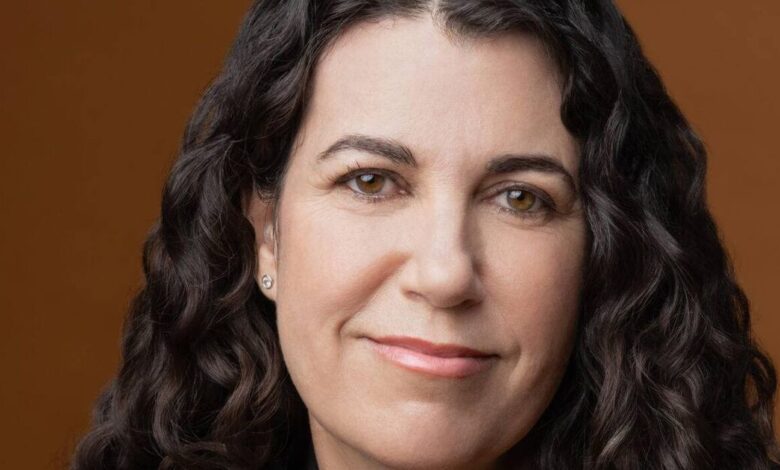‘I took a risk publishing this book but it meant a lot to me’

I first met Heather Clark at the West Cork Literary Festival back in July, and interviewed her in Bantry library. She was so engaging — so utterly fascinating and intelligent, that I was keen to catch up with her again.
And with her book tour finally over, Heather is chatting to me over Zoom from Cape Cod, where she’s relaxing, reading, and looking back at the success of her debut novel, .
“I was a writer for travel guides in college,” she says. “It was how I spent my summers, going around Europe, hitchhiking and writing.
“I’d amassed a lot of international friends, and I’d go visit them. But in Germany I felt a sense of disconnect and disquiet.
“I had this sense that there were no memorials from the war. No monuments. Where were they?
“I had begun the novel as this love story that was going to be shadowed by the weight of history. I had the theme, but I didn’t know how to push the plot forwards.
“I wrote maybe two or three chapters and put the manuscript aside for 25 years.”
“I did my junior semester at University College Galway,” she says, “and I went to Trinity, (College Dublin), after I graduated for an M Phil in Anglo Irish Literature.
“I was at Trinity at the time is set living with my then Irish boyfriend.”
“How do we write about war and violence without sentimentalising it or making it beautiful?”
From Irish poets, Heather moved on to an American — Sylvia Plath. Writing first about the relationship between Plath and Ted Hughes, published as , she then wrote , taking 10years to do so.
All three books have influenced . In Plath’s case it was the idea that, with Hughes, she was losing herself to a magnetic lover, even when it was likely the affair would end badly.
“Everyone has been in that place, right?” she says. “And you know it’s not a good idea, and you can’t seem to stop.
“And there’s an interesting parallel of being seduced by the wrong political idea. Plath really picked up on that.”
“I had heard rumours of a scrapbook of photos from my aunts and uncles, but I’d never seen it.
“After he died my grandmother put it out in the dining room. I saw it and spent 15 minutes going through it.”
“They made a fascinating documentary story of a young GI in Europe, but the photos really haunted me.
“I couldn’t stop thinking about them and what my grandfather had been through, and it brought me back to my earlier manuscript.
“The file was still on my computer. I read it back and thought, this is OK. I can see where this can go.”
“These American GIs came back from the war. They had seen horrific things, but they weren’t allowed to talk about it because they were the victors.”
“But the market for serious literary fiction is tough these days,” she says. “ is not meant to entertain. It’s not meant to comfort. It’s meant to haunt.
“And I think my future novels will be the same. I like writing about these big moral and philosophical questions, and of how history shakes us up.”
“On the morning of the election I just cried and cried. This man has been accused of rape and moral infestation, and nobody cares.
“As a woman to see that kind of man voted into power — it was one of the worst moments in my life.”
“They ask, ‘why not Ireland, where you spent so much time?’.
“When I went back to Germany in the summer of 2023 to research, I went back to Nuremberg, to Dachau, and to the Eagle’s Nest, and part of it is because my grandfather bore witness.
“I’m proud of him for having the presence of mind to take the photos, and I felt I had to finish what he started.
“I’ve been haunted by this family history that was in the dark for many years. I guess I wanted to try and bring that out to the light.”
Source link

